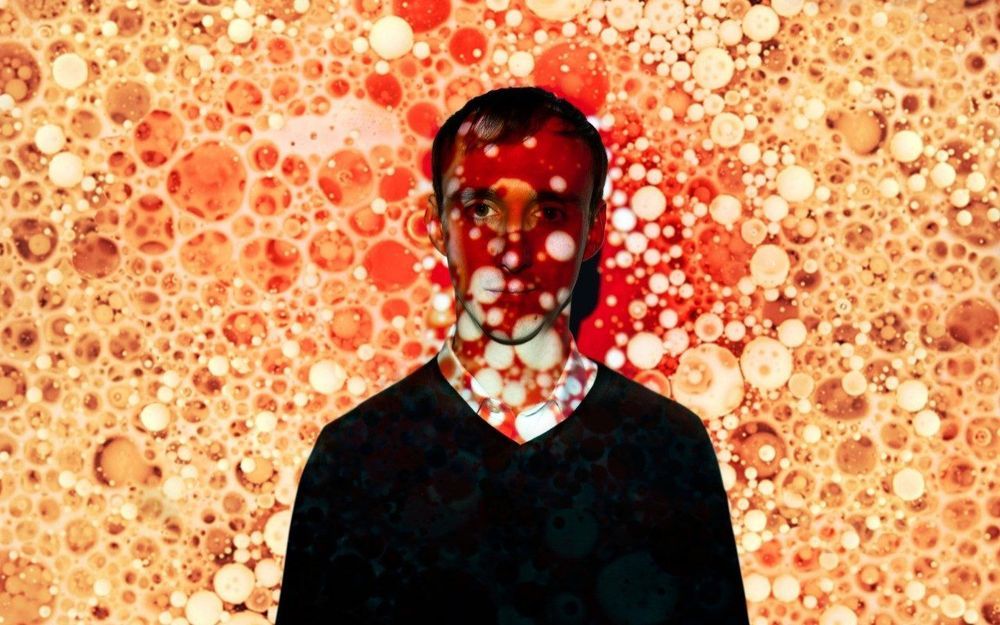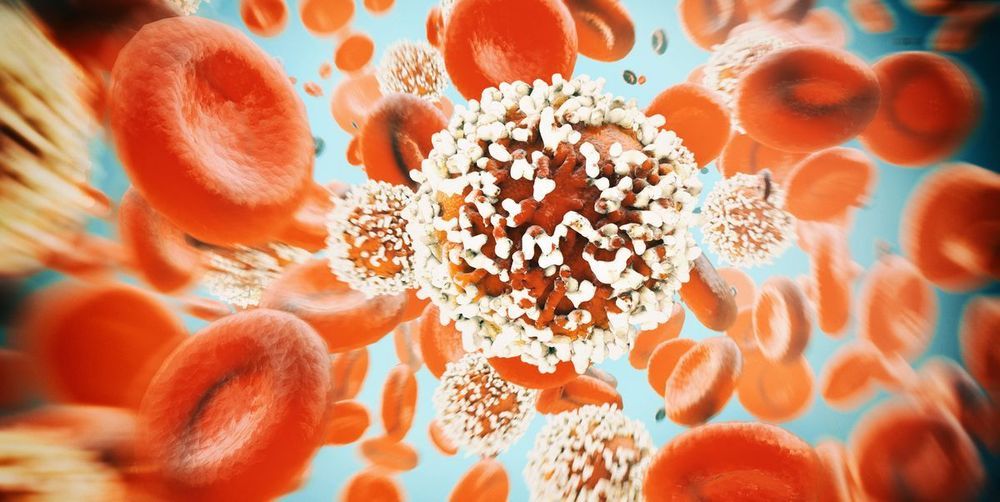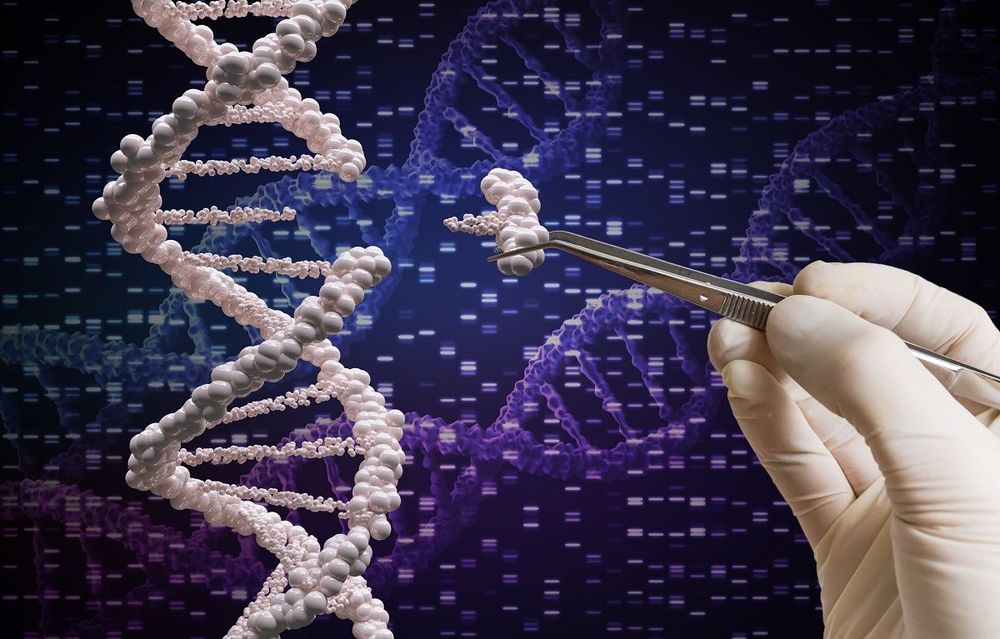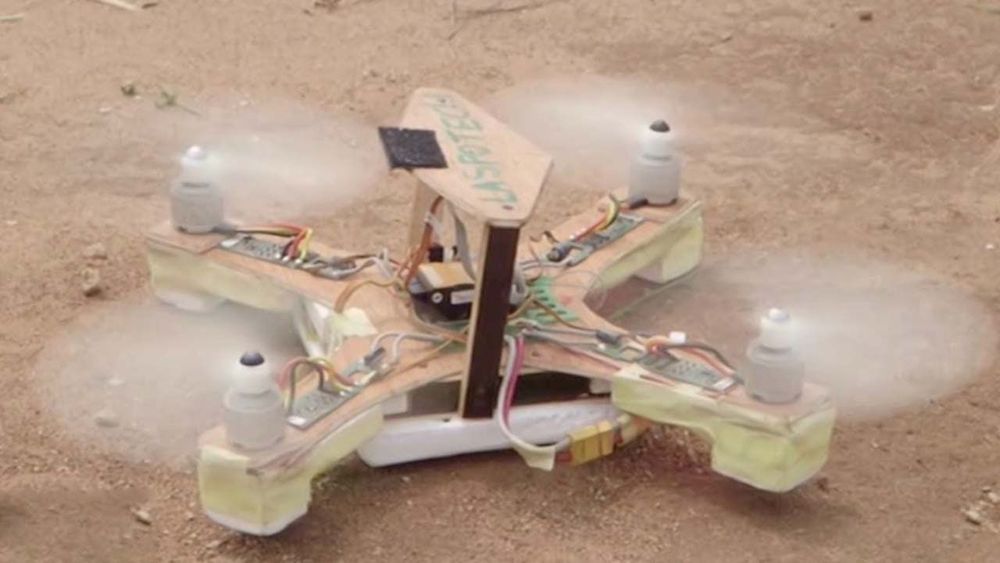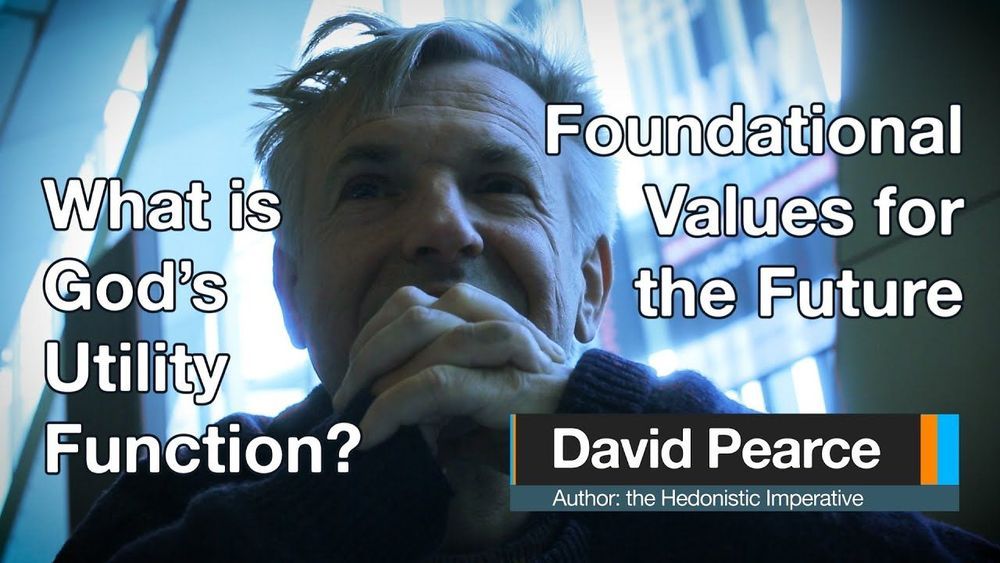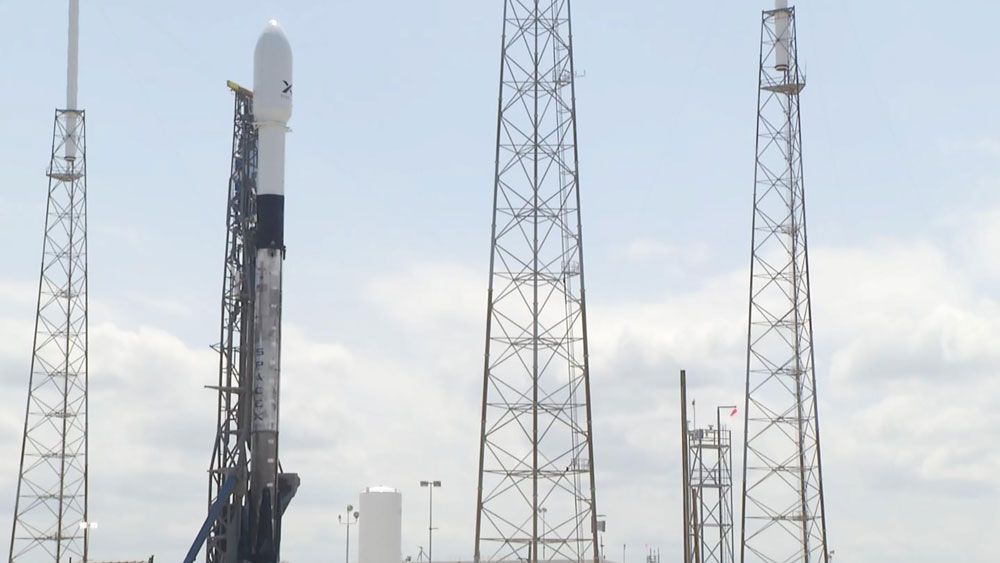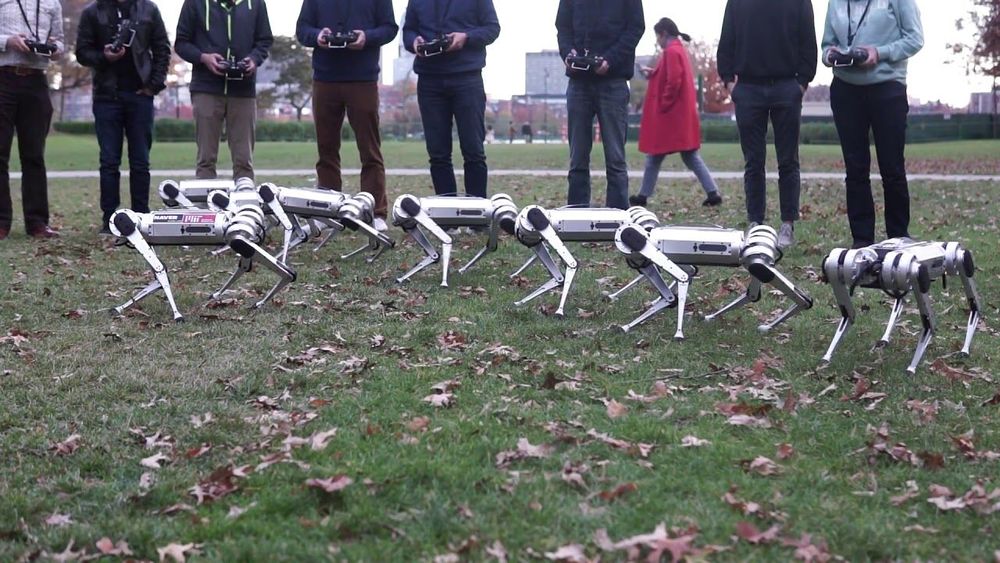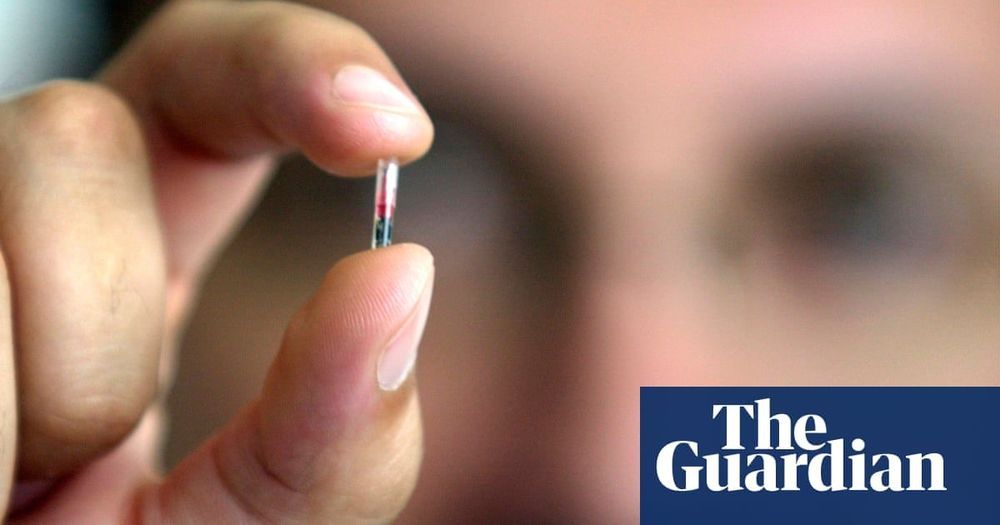The philosophy that we should merge with machines to expand our intelligence and extend life is gaining traction. Design, scientific and technological frontiers are being pushed to redefine nature through AI, AR, biotech, genetics, and VR.
Deadly conditions like leukaemia, sepsis and malaria could be drawn from the body using magnets, after a British engineer designed a blood filtering system which sieves away disease.
Dr George Frodsham, came up with the idea while studying how magnetic nanoparticles can be made to bind to cells in the body, to allow, for example those cells to show up on scanners.
But he realised that if it was possible to magnetise cells for imaging, it should also be possible to then suck them out of the blood.
Physicists have watched a chain of 15 amino acids interfere with itself, in an experiment that paves the way for a new era of quantum biology.
David Opateyibo was 17 years old when he built Nigeria’s first locally-made drone in Lagos.
Opateyibo led a team of Lagos State Polytechnic students to produce the country’s first prototype of a drone, which authorities in Lagos hope to deploy for security surveillance.
The drone project is part of the training curriculum in the University with the aim of developing technology that will be at par with the rest of the world whilst empowering young people and providing job opportunities.
“What foundational values need to be in place for an ethical utilitronium shockwave?”
What foundational values need to be in place for an ethical utilitronium shockwave?
We discuss:
- (following on from a previous video) more on Nozick’s experience machines (see https://www.youtube.com/watch?v=CxBvNbuYud0).
- given that in each age there has been different conceptions of utopia, what would utopia be for a post-human superintelligence?
- classical utilitarian vs negative utilitarian approaches to the long term good of life in the universe.
- whether a perfect decision theory would be equal to negative utilitarianism.
- how much attention should we give to preferences in improving well-being beyond eliminating suffering?
- if one does believe in the objectivity of value should we be concerned about being damned in a local maximum of well-being?
- what is God’s utility function?
https://youtu.be/0uKNVVVdqrI #ethics #utilitarianism #futurology
Each one weighs about 20 pounds (or nine kilograms), is powered by 12 electrical motors, and can reach speeds of around six miles per hour (or 2.5 meters per second). As you can see in the video, they’re all being steered manually using what look like RC controllers.
Speaking to IEEE Spectrum earlier this year, Sangbae Kim, director of MIT’s biomimetics lab, said the bots are being used to research various problems that require a bit of ruggedness and flexibility. Their modular design lets scientists swap in new parts if they break, and their tough build can survive crashes and bangs.
“Mini Cheetah is just about the perfect size. Twenty pounds (9 kilograms) is not too small but not so big that it’s dangerous or fragile,” said Sangbae. “We designed the machine to be able to absorb the impacts, jumping and landing and so on.”
Three Square Market was a test case, the first company in the US to offer implants to employees on a public stage. But the highly charged reaction, which linked the devices not only to pernicious surveillance but to a vision of tech-apocalypse, raised a question that Österlund is still grappling with: is the world ready for technology to get under the skin?
As implants grow more common, experts fear surveillance and exploitation of workers. Advocates say the concerns are irrational.

